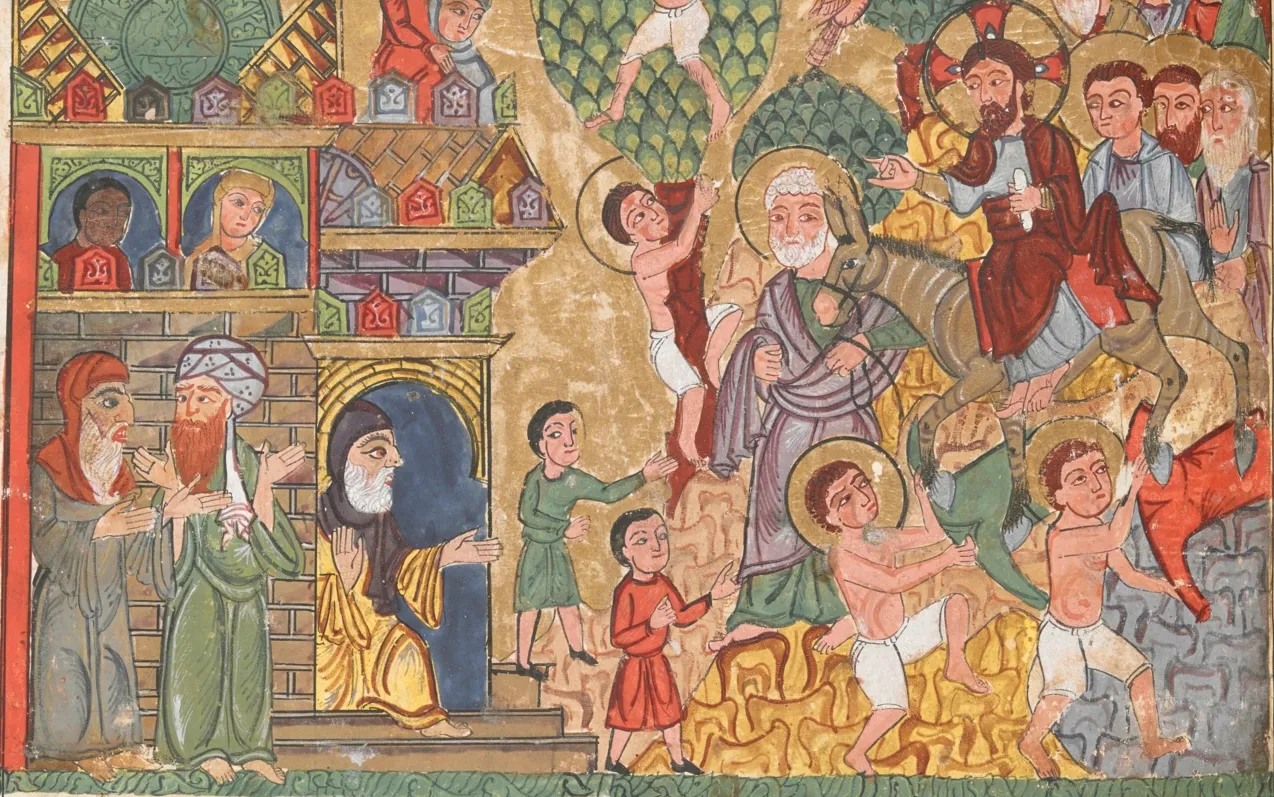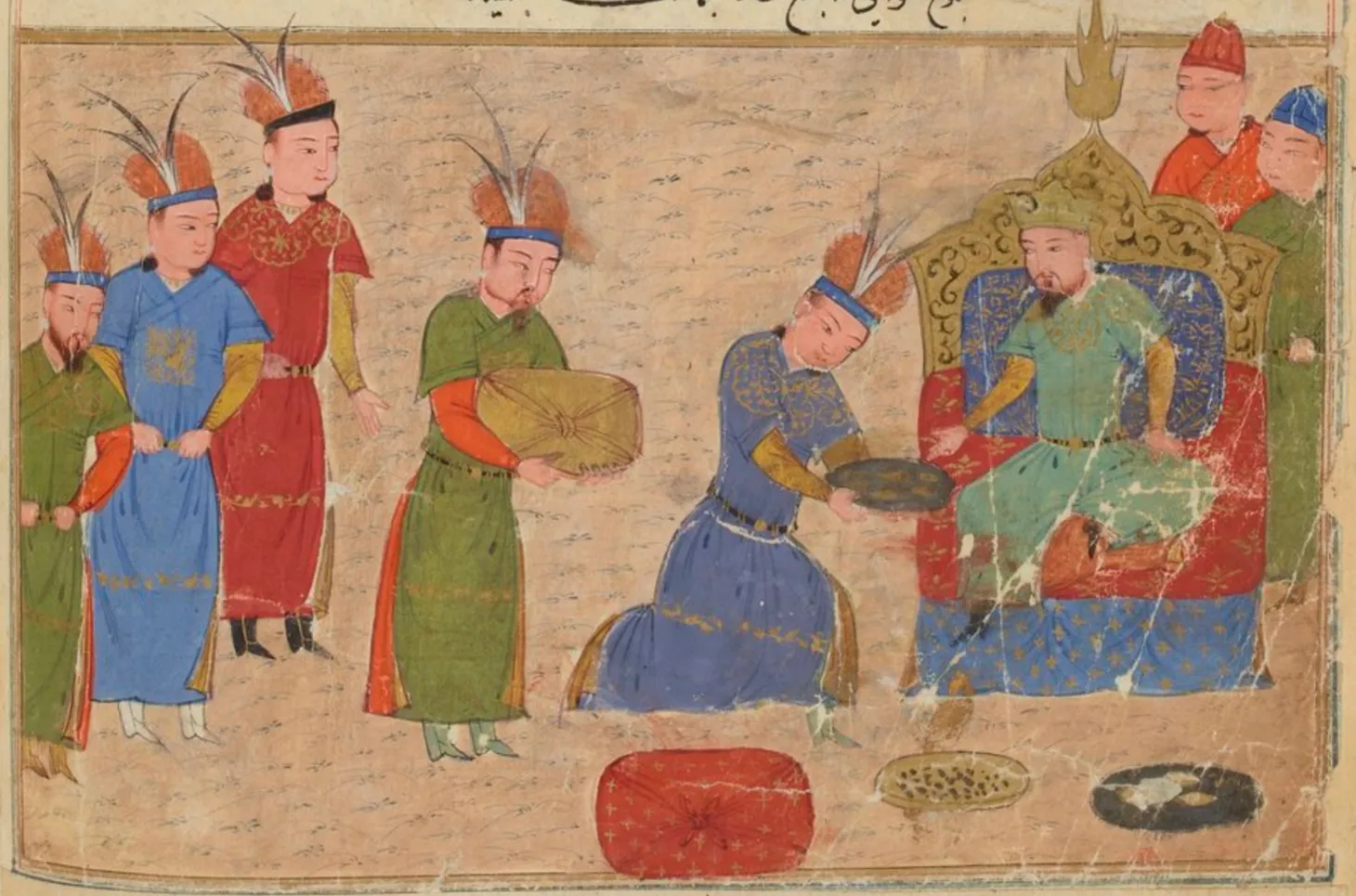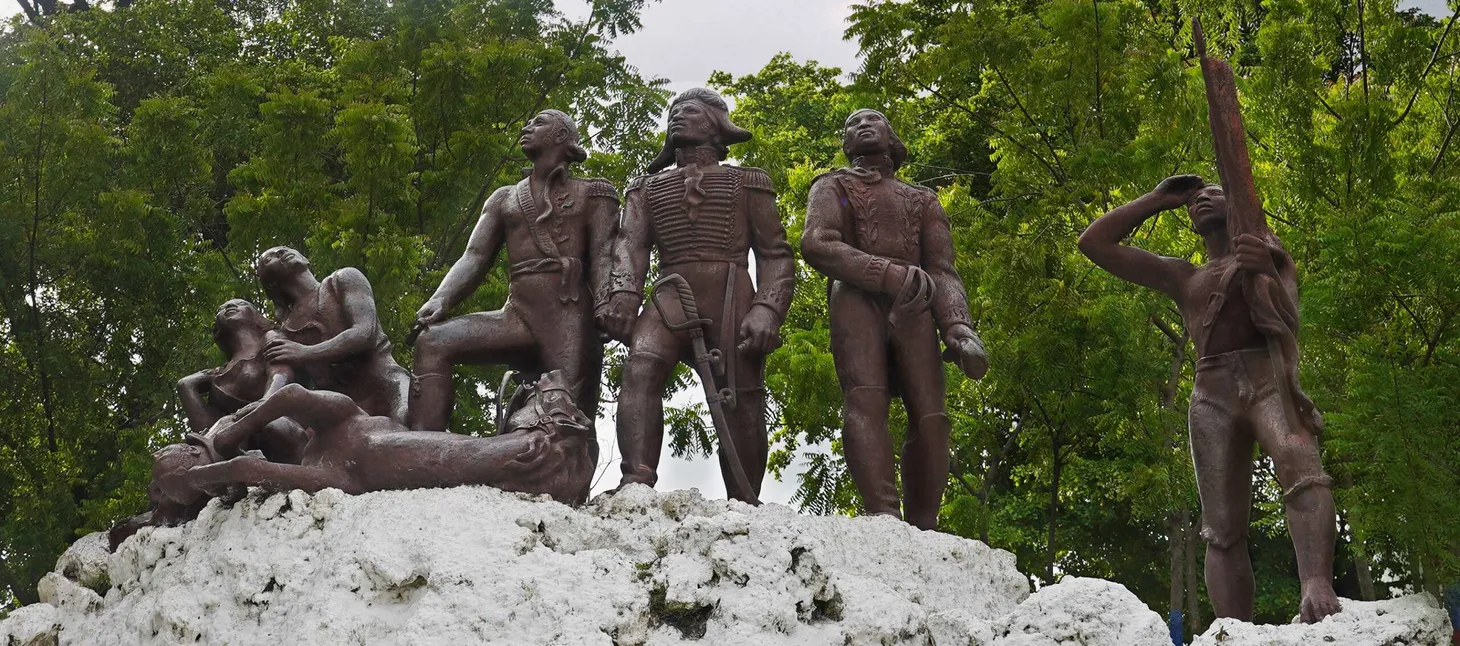“A Period of Hatred and Despair”: Middle East and North Africa in the Era of New Imperialism, c.1830 - c.1940
A discussion of how to teach New Imperialism in the Middle East and North Africa
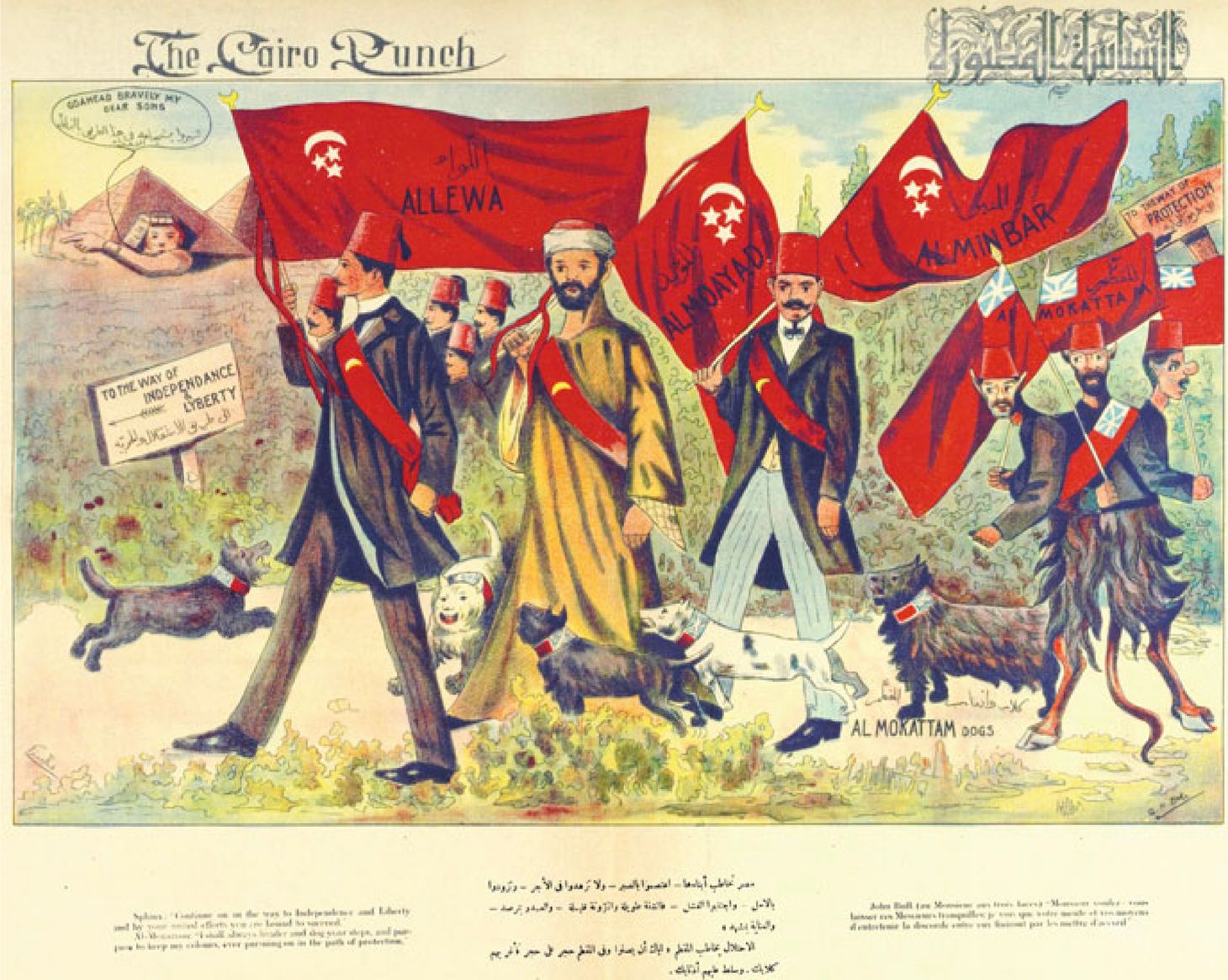
Trying to teach the European colonization of the Middle East and North Africa is not a simple process. The Middle East and North Africa is a vast territory stretching from Morocco in the West to Iran in the East. European imperialism in this region varied over time and space. Unlike Africa, there wasn’t a rapid conquest of extensive territory. The British and the French colonized this region in stages over ninety years, using different systems of control in different states. During the nineteenth century, the French established a settler colony in Algeria, but the British opted for indirect rule via a protectorate in Egypt. There were also other areas in North Africa that the French imposed control, and the British established protectorates around the edges of the Arabian Peninsula. After World War One, the British and French established mandates in the Arab territories of the former Ottoman Empire.
Given this complexity, we don’t need to teach about every stage of European imperialism in the Middle East and North Africa. As I discussed in the first post on New Imperialism, we want to avoid getting caught in the “content trap” and trying to cover all the conquests. Instead of discussing how each stage of European conquest happened, we can use sources written by Arabs that highlight different aspects of New Imperialism. Using these sources, we can understand how people in the region understood European conquest; how Arabs understood European cultural, economic, and social changes; and how people across the Middle East and North Africa challenged European rule.
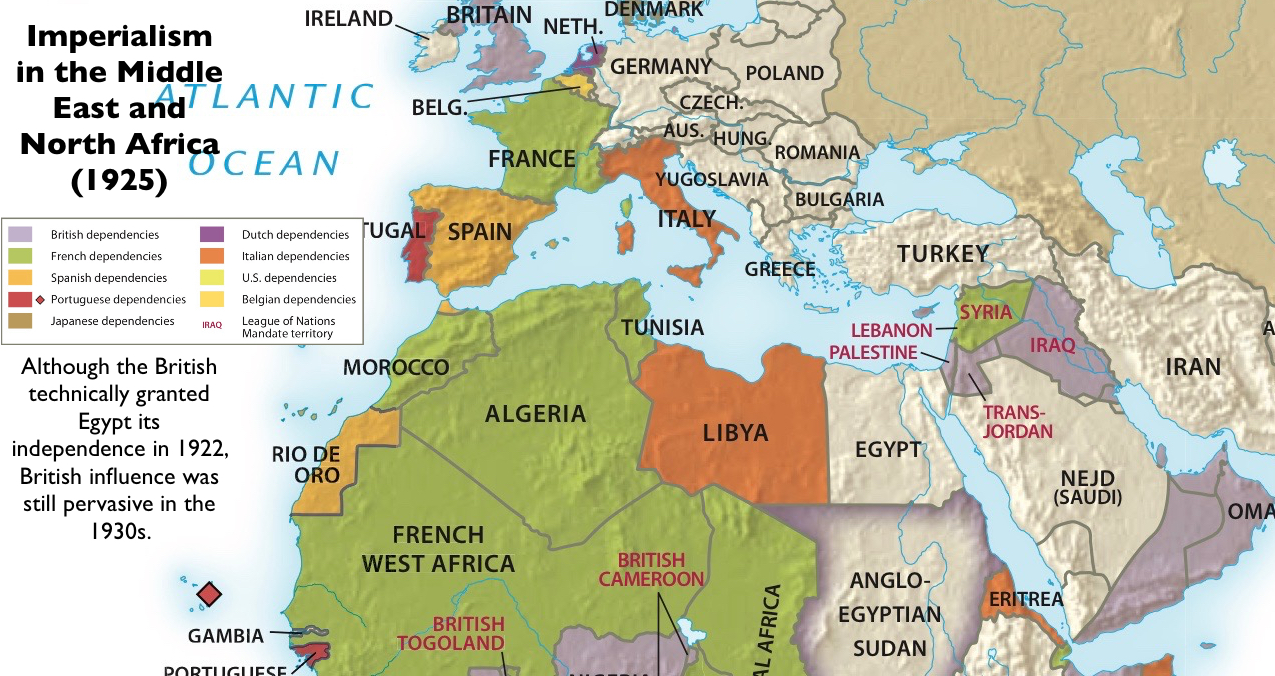
Algerian Views of French Colonialism
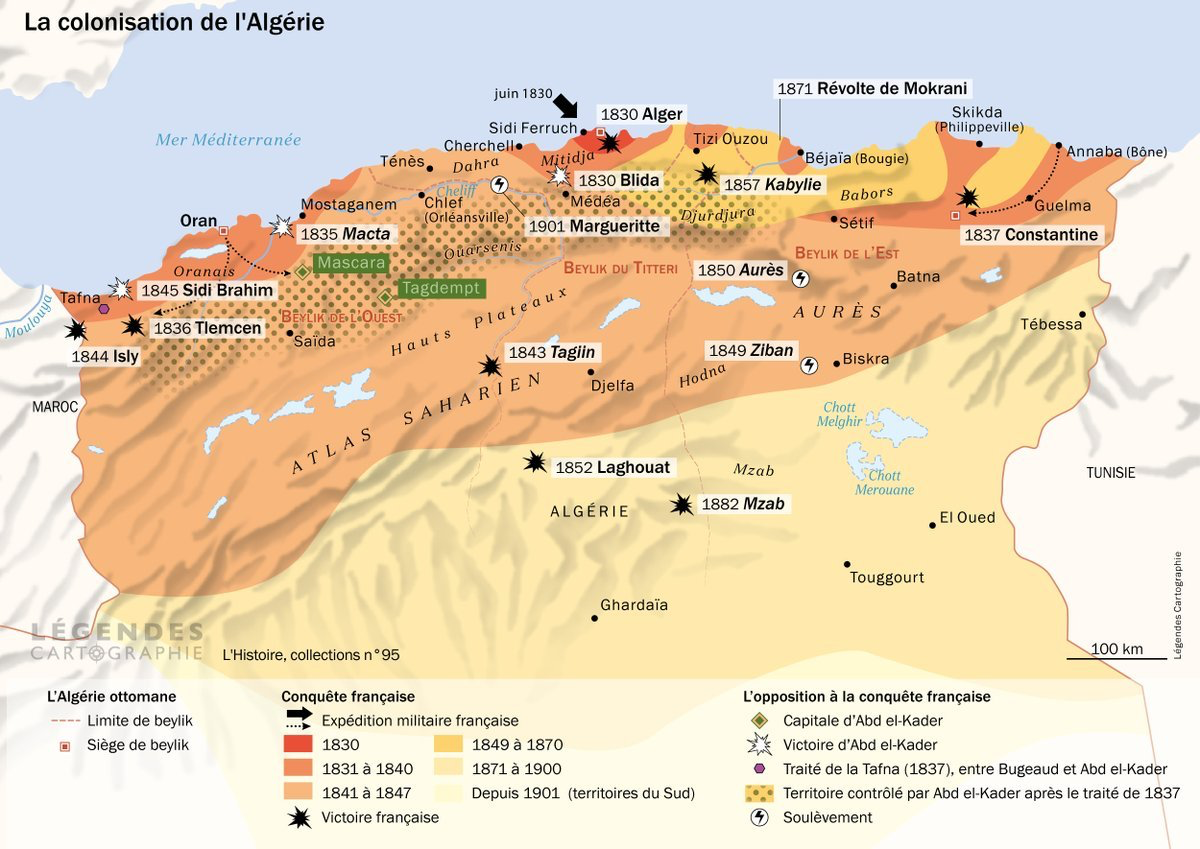
This content is for Paid Members
Unlock full access to Liberating Narratives and see the entire library of members-only content.
SubscribeAlready have an account? Log in

